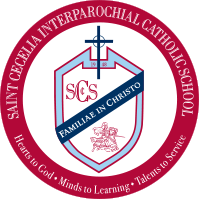ATLs represent general and subject-specific learning skills the students will develop and apply during the program and beyond. The focus of this area is on teaching students how to learn and helping students find out about themselves as learners, so they can better develop learning skills. ATL skills are grouped into five categories that span the IB continuum of education.
Self-management
Consistently meets classroom behavior expectations
School supplies, desk, and personal spaces are neat and organized
Turns in completed work on time
Arrives to school/class on time
Uses technology appropriately
Manages emotions at an age appropriate level
Respects uniform and personal appearance requirements
Manages physical movement to not distract self or others
Social
Respects others in words and actions
Accepts personal responsibility for behavior
Resolves peer-conflict appropriately
Works well with others in any group setting
Ensures others are included
Communication
Uses respectful tone, body language, and facial expressions in all interactions
Expresses him/herself clearly in verbal and written forms
Thinks before speaking
Asks for help when needed
Speaks clearly during classroom presentations
Thinking
Shares acquired knowledge in verbal and written forms in their own words
Makes connections between acquired knowledge and real-life situations
Summarizes and teaches others what they have learned
Asks thought-provoking questions that are aligned and contribute to classroom discussions
Evaluates their personal learning process
Research
Observes, collects, and records data
Organizes data
Interprets and presents data/research findings
Uses a variety of resources to research information



